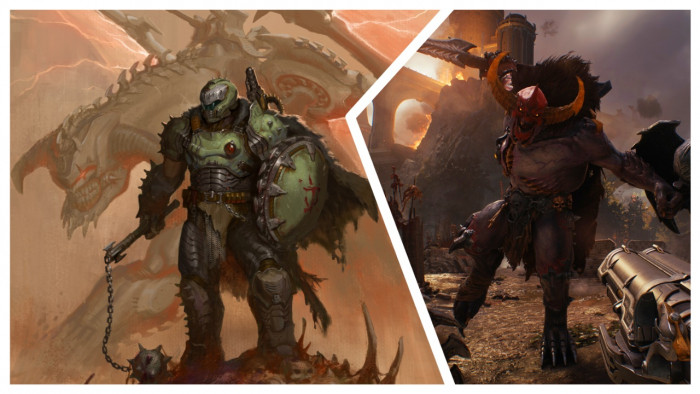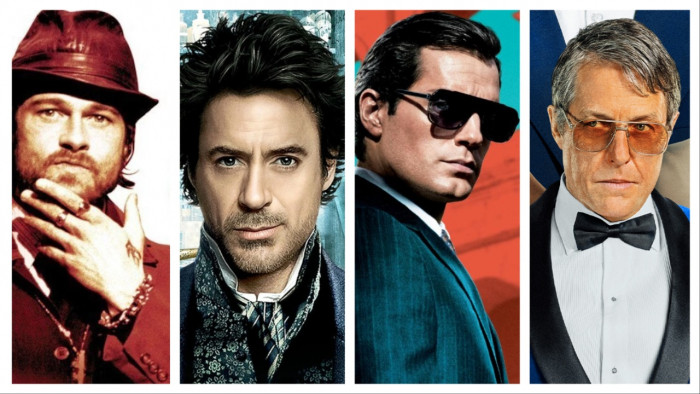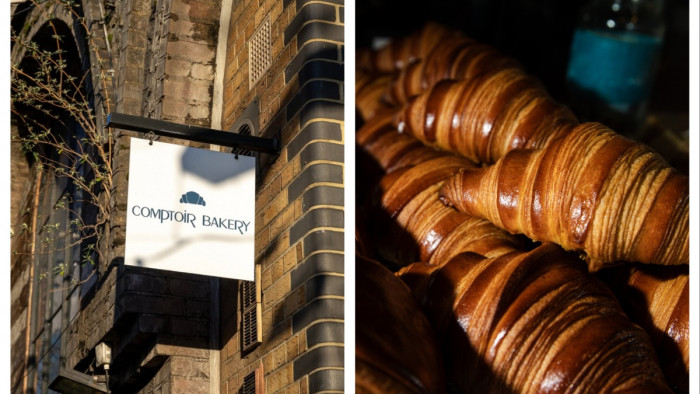Prince Harry reveals he sought counselling after coming close to breakdown over death of his mum
He opened up about the 'total chaos' which followed his mother's death


Prince Harry has attracted praise from mental health experts after his interview with the Daily Telegraph’s Bryony Gordon in which he revealed how he sought counselling after coming close to a breakdown following the death of his mother.
Harry was just 12 years old when Princess Diana died in a car crash and, for the first time, he revealed how he struggled to cope.
20 years on, he said:
“My way of dealing with it was sticking my head in the sand, refusing to ever think about my mum, because why would that help?
“[I thought] it’s only going to make you sad, it’s not going to bring her back. So from an emotional side, I was like ‘right, don’t ever let your emotions be part of anything’. So I was a typical 20, 25, 28-year-old running around going ‘life is great’, or ‘life is fine’ and that was exactly it. And then [I] started to have a few conversations and actually all of a sudden, all of this grief that I have never processed started to come to the forefront and I was like, there is actually a lot of stuff here that I need to deal with.”
He added: “I can safely say that losing my mum at the age of 12, and therefore shutting down all of my emotions for the last 20 years, has had a quite serious effect on not only my personal life but my work as well. I have probably been very close to a complete breakdown on numerous occasions when all sorts of grief and sort of lies and misconceptions and everything are coming to you from every angle.””
He said that he came close to “punching someone” when he was 28.
He continued, “If you look back to the fact I lost my mum at the age of 12, on a sort of public platform of which it was, and then everything else that happens with being in the spotlight, and this sort of role and the pressures that come with it and then going to Afghanistan and then ... working in the personnel recovery unit with all of the soldiers as well and taking on a lot of their issues. Anybody would look at that and go ‘OK, there must be something wrong with you, you can’t be totally normal, there must be something wrong’.”
“I can safely say it’s not Afghanistan-related. I’m not one of those guys that has had to see my best mate blown up next to me and have to apply a tourniquet to both their legs. Luckily, thank God, I wasn’t one of those people.”
He finally sought help after his brother William told him, “Look, you really need to deal with this. It is not normal to think that nothing has affected you.”
When asked whether he had been to see a “shrink”, he said: “I’ve done that a couple of times, more than a couple of times, but it’s great. Because of the process I have been through over the past two-and-a-half years, I’ve now been able to take my work seriously, been able to take my private life seriously as well, and been able to put blood, sweat and tears into the things that really make a difference and things that I think will make a difference to everybody else.”
He revealed that boxing had been an outlet for his emotions, saying that he struggled with aggression.
“During those years I took up boxing, because everyone was saying boxing is good for you and it’s a really good way of letting out aggression. And that really saved me because I was on the verge of punching someone, so being able to punch someone who had pads was certainly easier.”
He explained that, “The experience I have had is that once you start talking about it, you realise that actually you’re part of quite a big club.”
Furthermore, from his work with the personnel recovery unit, where he listened to wounded, injured and sick servicemen and women talk about serious mental health issues, he added, “I know there is huge merit in talking about your issues and the only thing about keeping it quiet is that it’s only ever going to make it worse.”
“What we are trying to do is normalise the conversation to the point where anyone can sit down and have a coffee and just go ‘you know what, I’ve had a really shit day, can I just tell about it? Because then you walk away and it’s done.”
Harry, together with Prince William and the Duchess of Cambridge is spearheading the Heads Together campaign which is the 2017 London Marathon’s charity of the year








